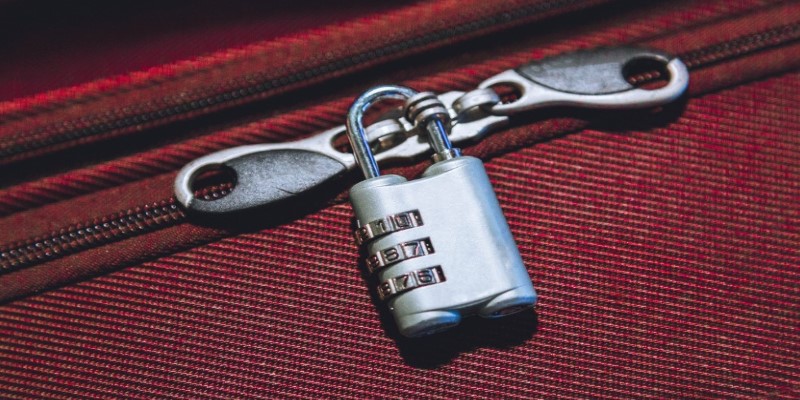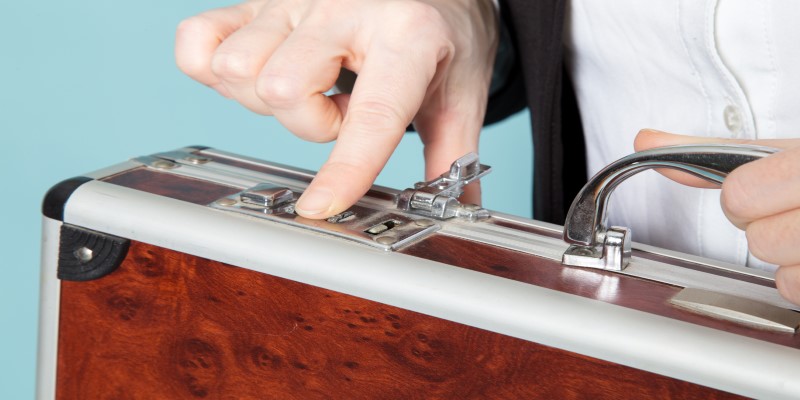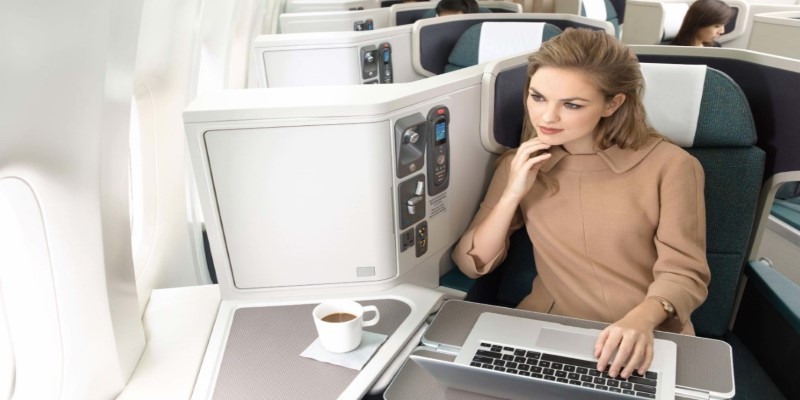Securing your luggage is a top priority when preparing for a trip. For many travelers, buying TSA-approved locks seems like the perfect solution. They offer a sense of security and convenience, allowing TSA agents to open your bags, if necessary, without damaging the lock. However, there are several reasons why these locks might not be as effective as you think and why you might want to avoid wasting money on them.
The Idea Behind TSA-Approved Locks
TSA-approved locks are designed with a universal master key that TSA agents can use to open any bag for inspection. The concept is straightforward: travelers can lock their bags, and if the TSA needs to inspect the contents, they can do so without cutting the lock. Once the inspection is complete, they re-lock the bag, and the traveler remains unaware that their luggage was even opened.

This system is intended to provide both security and compliance with airport regulations. But while it seems like an excellent idea on the surface, there are some significant downsides.
The Problem with Universal Access
The biggest issue with TSA-approved locks lies in the very thing that makes them attractive: the universal master key. These keys are not exclusive to TSA agents; they are easy to duplicate and have, unfortunately, fallen into the wrong hands. In 2014, a photograph of TSA master keys was published online, and it didnt take long for people to create 3D-printed copies. This meant that anyone with the right resources could open TSA-approved locks without your knowledge.
When you consider this vulnerability, TSA-approved locks offer very little real security. If someone with malicious intent has access to these master keys, they can easily unlock your luggage, take what they want, and relock the bagleaving no sign of tampering. This defeats the purpose of using a lock in the first place.
A False Sense of Security
Many travelers assume that using TSA-approved locks will protect their belongings. However, because of the issues with universal access, these locks often give a false sense of security. You might feel like your luggage is secure, but its vulnerable to theft. Even worse, because the lock doesnt show signs of being opened, you might not realize something is missing until its too late.
Another problem is that TSA-approved locks are often small and flimsy. Anyone with basic tools can easily cut or break them. So even if your bag isn't opened with a master key, it's still not particularly secure.
The Inconvenience Factor
In addition to the security issues, TSA-approved locks can also cause inconvenience. There have been instances where TSA agents, unable to locate the master key quickly, simply cut off the lock. If this happens, not only is your lock destroyed, but your luggage is left unsecured for the rest of your journey.
Moreover, using these locks can create a false sense of complacency. Travelers might believe that because their bags are locked, they don't need to be as vigilant. However, it's essential to remember that your luggage is still handled by multiple people throughout your journey, from check-in staff to baggage handlers, and the lock does little to deter someone determined to access your belongings.
Alternatives to TSA-Approved Locks
Given these issues, its worth considering alternatives to TSA-approved locks. One option is to avoid locking your luggage altogether, especially if you dont have valuables inside. In many cases, keeping your luggage unlocked might reduce the risk of damage if the TSA needs to inspect your bag.
If you do want to secure your luggage, consider using tamper-evident seals. These seals wont prevent someone from opening your bag, but they will show clear signs of tampering. This can be a strong deterrent to would-be thieves, as its much more likely theyll be caught if they tamper with a sealed bag. Additionally, if your seal is broken, youll know immediately that your bag has been accessed.
Another option is to use a high-quality, non-TSA lock after youve arrived at your destination. This way, your luggage remains secure while youre traveling, but you avoid the risks associated with TSA-approved locks during your flight.
The Changing Landscape of Travel Security
It's also worth noting that the landscape of travel security is constantly evolving. While TSA-approved locks were a novel solution at one time, the increasing accessibility of master keys has rendered them less effective. As travelers become more aware of the limitations of these locks, there is a growing demand for better security solutions.

Some companies are responding by developing smart luggage with built-in security features like GPS tracking and digital locking mechanisms. These technologies offer a higher level of security than traditional locks and can give travelers more peace of mind. However, these options are often expensive, so they might not be practical for everyone.
Practical Tips for Protecting Your Luggage
Whether you choose to use TSA-approved locks or not, there are some practical steps you can take to protect your belongings while traveling. First, avoid packing valuable items in your checked luggage. Keep essential items like electronics, jewelry, and important documents in your carry-on bag, where you can keep an eye on them.
If you must pack valuables in your checked luggage, consider disguising them. For example, wrap electronics in clothing or hide jewelry in less obvious containers. Thieves are often looking for quick and easy targets, so anything you can do to make their job harder is a good deterrent.
Conclusion
In conclusion, while TSA-approved locks may seem like a good investment, they often dont provide the level of security that travelers expect. The universal master key system, combined with the ease of duplicating these keys, makes these locks a weak deterrent against theft. In many cases, they can even give travelers a false sense of security, leading them to be less vigilant with their belongings.
Instead of relying on TSA-approved locks, consider other security measures like tamper-evident seals or high-quality non-TSA locks. Additionally, being mindful of what you pack in your checked luggage and how you pack it can go a long way in protecting your belongings.







